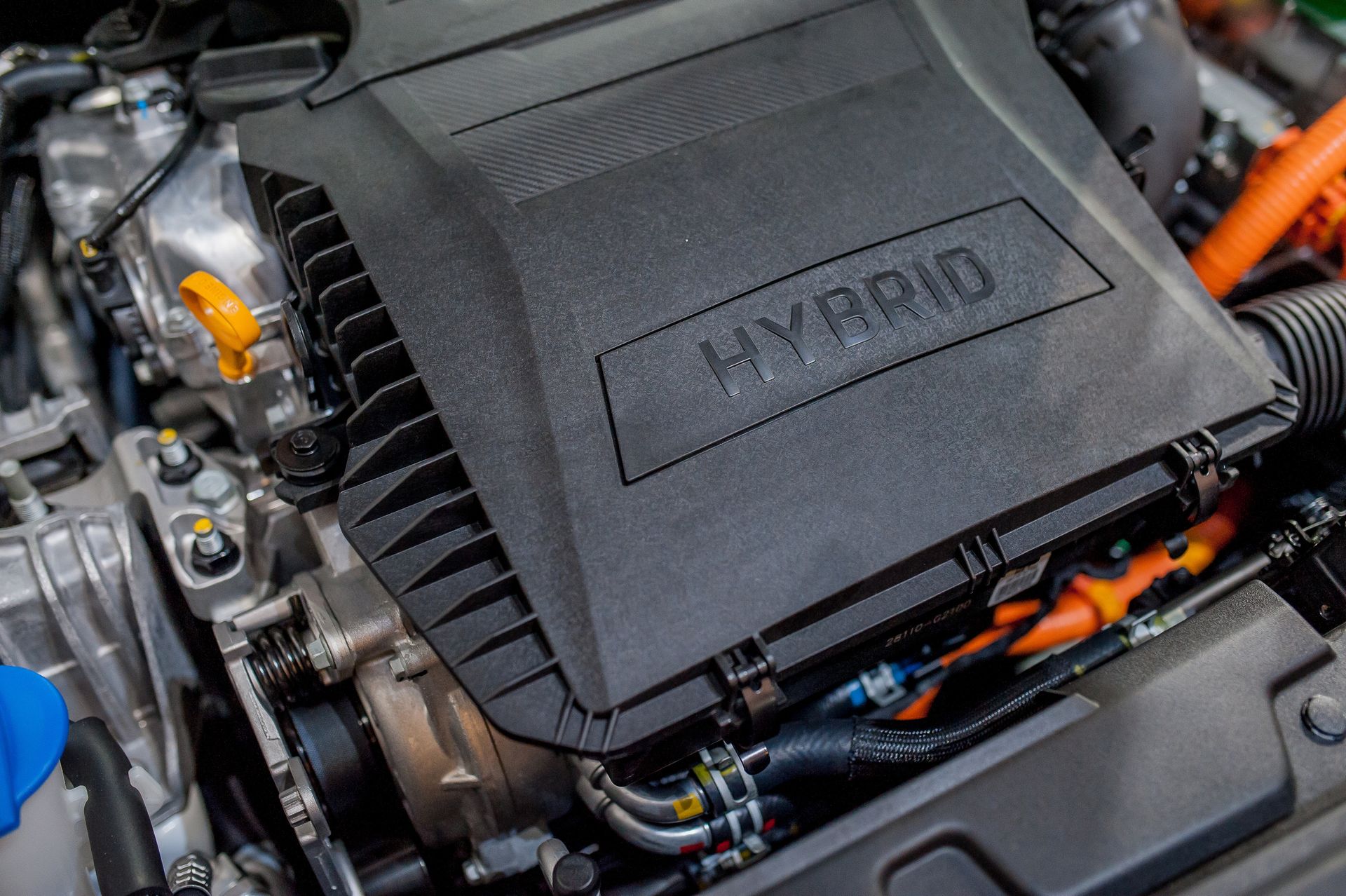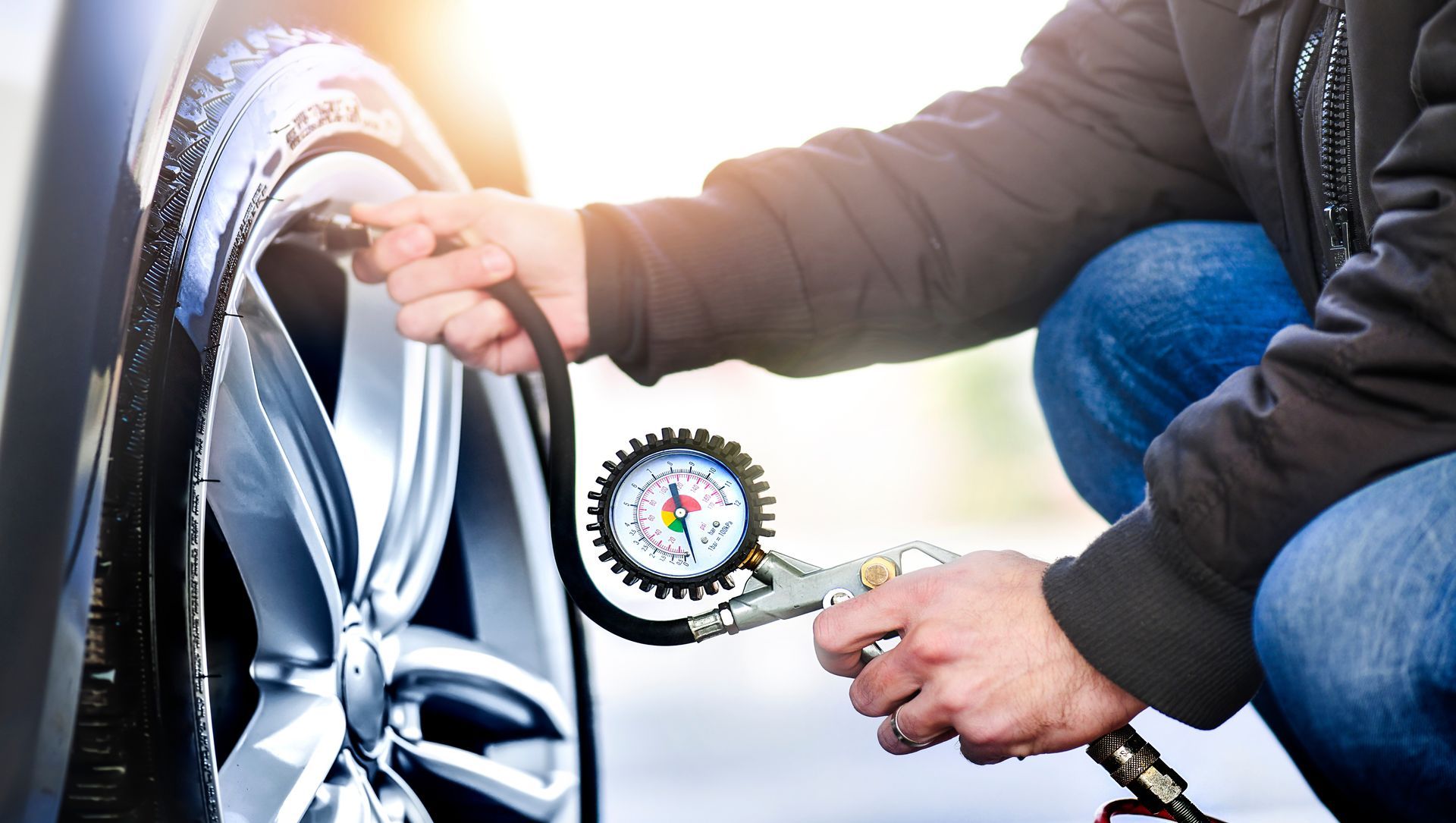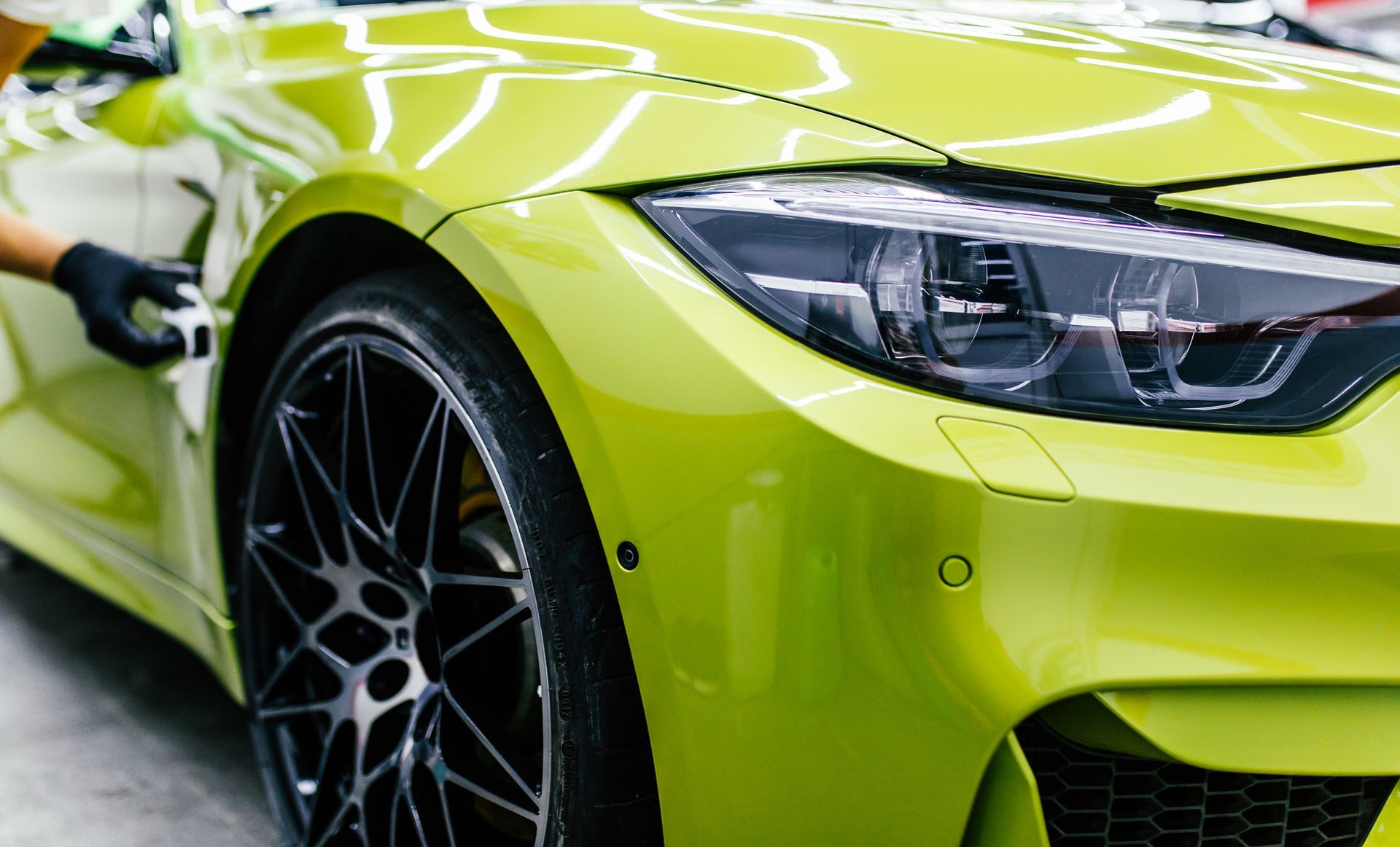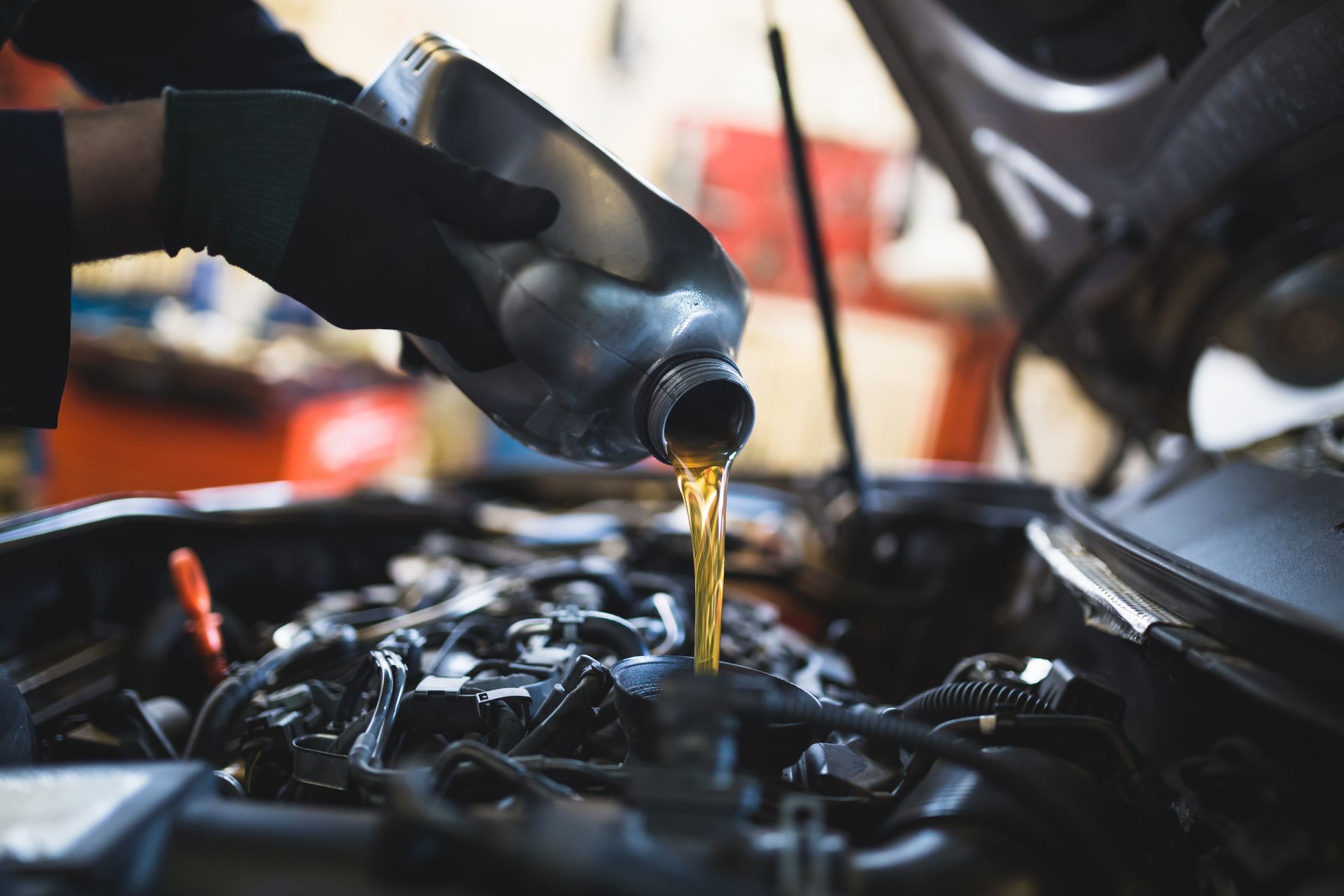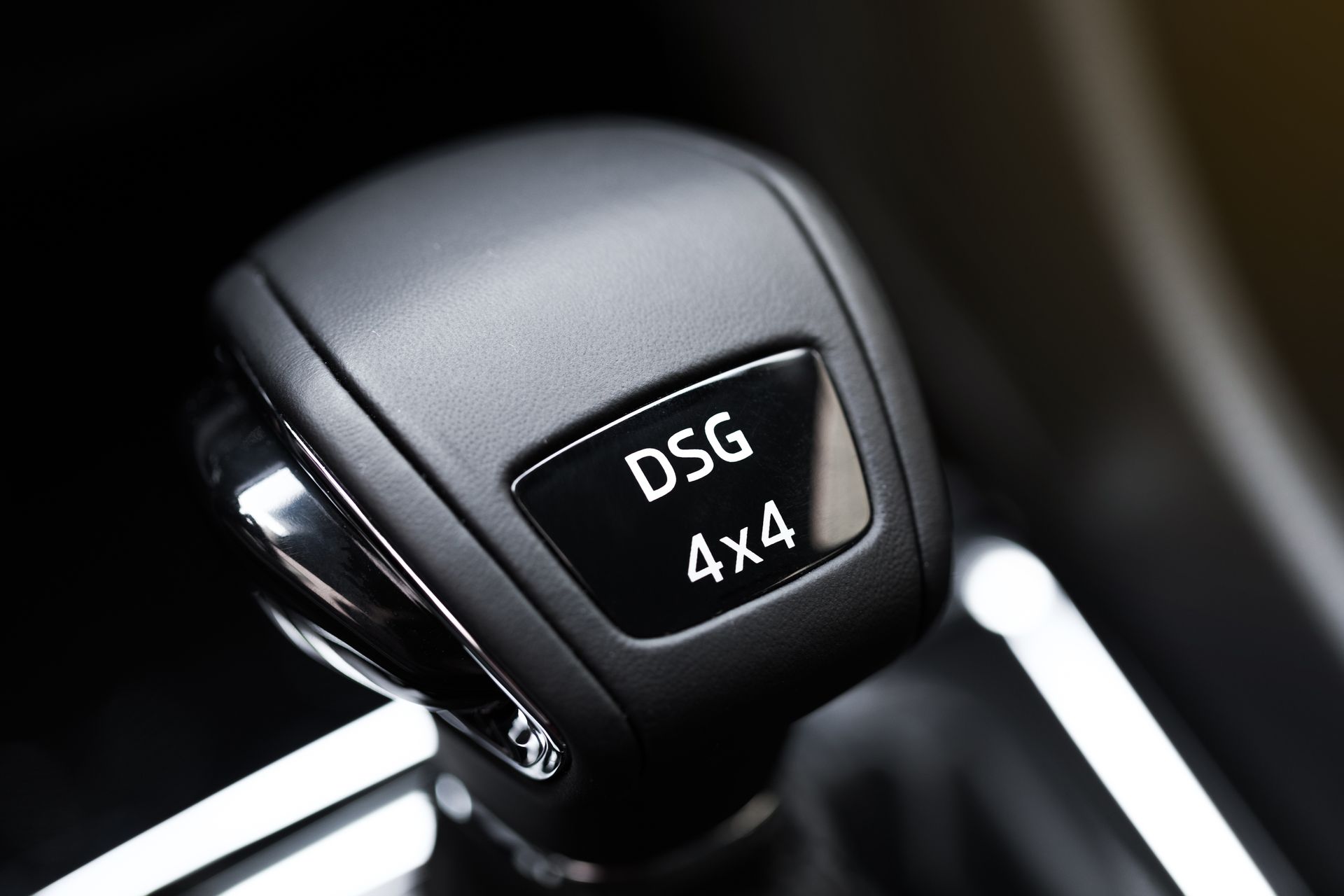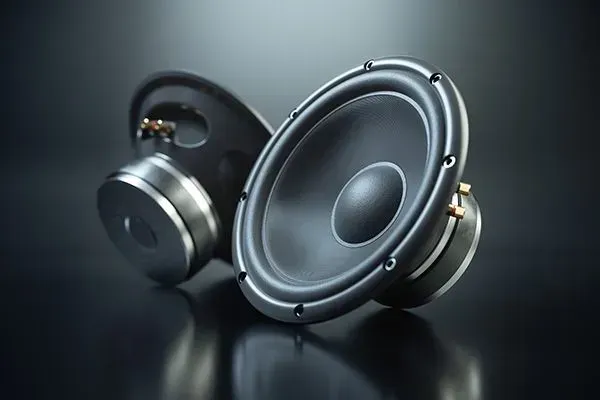The Real Reason BMW Cooling Systems Fail Prematurely
Many BMW cooling systems are designed with a focus on efficiency and weight reduction. While this supports better fuel economy and performance, it also means certain compromises were made in the materials and layout. These decisions make BMW engines more vulnerable to overheating when things go wrong.
Let’s take a closer look at the components most likely to fail and why the issue often shows up earlier than expected.
Plastic Parts in a Hot Environment
Unlike some manufacturers that use metal for key components, BMW cooling systems rely heavily on plastic. You’ll find plastic used in parts like the radiator end tanks, expansion tank, thermostat housing, and water pump impeller.
These components are all located in areas that regularly reach high temperatures. Over time, repeated heat cycles cause plastic to become brittle. Cracks can form, warping may occur, and eventually, leaks develop. The problem is not whether the plastic will fail but when.
Once a single plastic part starts leaking, the entire system is affected. What begins as a minor coolant drip can quickly turn into overheating or engine damage.
Water Pump and Thermostat Issues
The water pump and thermostat are two of the most common failure points in BMW cooling systems. In many models, the water pump includes a plastic impeller that can erode or break off after years of use. Some newer BMWs use electric water pumps, which can stop working with no warning due to electrical or software issues.
The thermostat, designed to regulate coolant flow, is another weak link. Electronic thermostats offer better control but also introduce more points of failure. If the thermostat sticks open or closed, coolant circulation suffers. When the coolant stops flowing properly, engine temperatures rise fast.
Tight Engine Tolerances Leave Little Room for Error
BMW engines are built with precise tolerances. They perform best within a narrow range of operating temperatures. If the cooling system starts to falter, it doesn’t take long for temperatures to creep up past safe limits.
In these engines, a small failure that might be manageable in another car can cause serious problems. Overheating may lead to blown head gaskets, cracked cylinder heads, or other internal damage. In some cases, drivers don’t notice anything wrong until the temperature warning light comes on, and by then, it may be too late.
Coolant Leaks in Hard-to-See Places
Another frustrating issue is how sneaky BMW coolant leaks can be. A slow leak from a plastic fitting or a failed o-ring might not leave visible fluid under the car. But over time, the coolant level drops. If it isn’t topped off, your engine may start running hot.
Some drivers notice the temperature needle shifting slightly or see a coolant warning light. Others may only realize something's wrong when the heater stops blowing warm air or when steam begins to rise from under the hood.
Routine inspections are key to catching these hidden leaks early. Waiting until there’s a major symptom often leads to a much larger repair bill.
Preventing BMW Cooling System Failures
While you can’t change the materials BMW used, you can take proactive steps to reduce your chances of a breakdown. Here’s what helps:
- Replace the water pump and thermostat every 60,000 to 90,000 miles, depending on your model
- Inspect the radiator, expansion tank, and all plastic fittings at regular service intervals
- Keep a close eye on coolant levels and refill with BMW-approved fluid when needed
- Watch for early signs like fluctuating temperature, coolant smells, or unexplained drops in heater performance
Staying ahead of cooling system maintenance is one of the best ways to keep your BMW running smoothly. These cars perform beautifully when cared for properly, but neglecting the cooling system is a risk you don’t want to take.
Protect Your BMW with Help from Angelo's Performance Plus in Rancho Cordova, CA
If you’re noticing temperature changes, coolant warnings, or just want peace of mind, bring your BMW to Angelo's Performance Plus in Rancho Cordova, CA. Our technicians specialize in European vehicles and understand exactly what it takes to prevent early cooling system failures.
From water pump and thermostat replacements to full system inspections, we’ll make sure your BMW stays cool and reliable for the miles ahead.
Schedule your appointment today and drive with confidence, knowing your engine is protected from the inside out.

